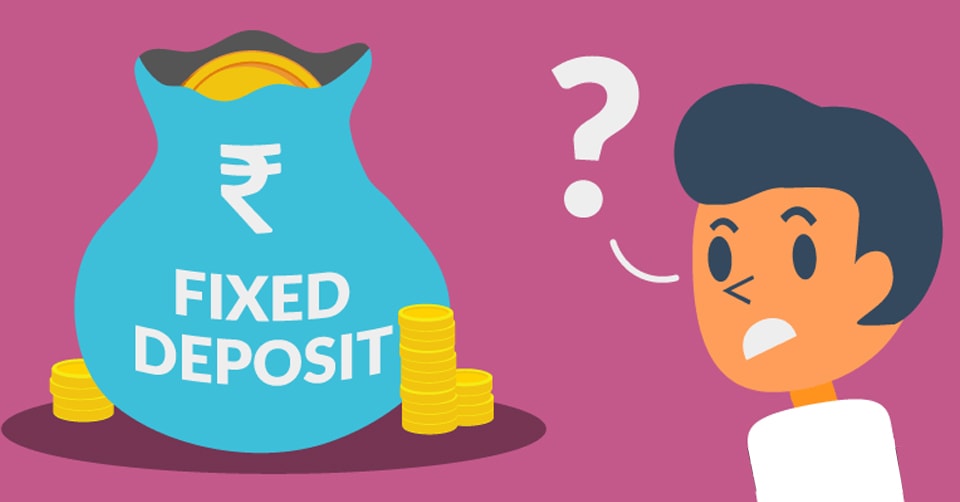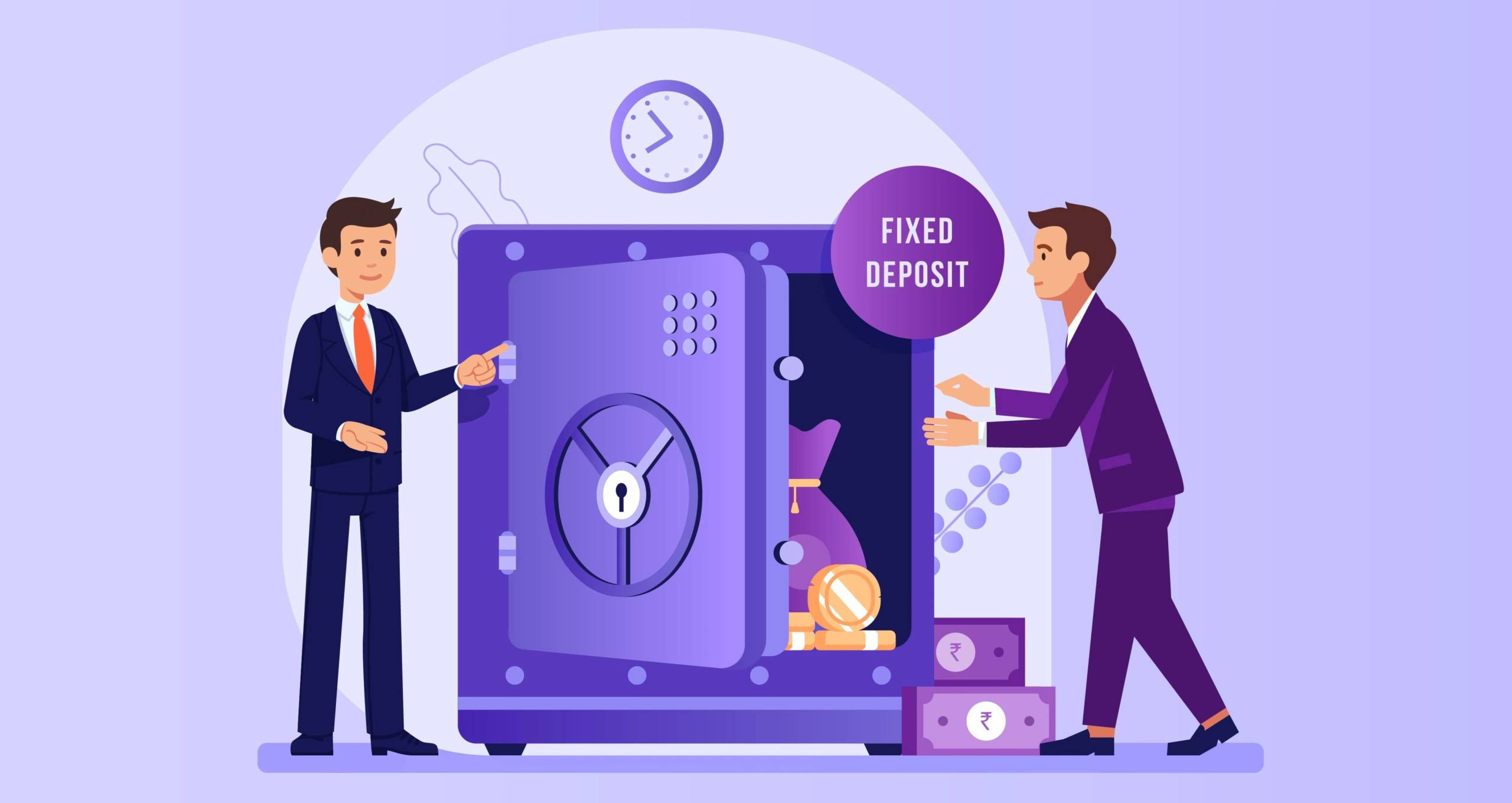Earn more with competitive rates of interest on your Fixed Deposits
A fixed deposit refers to an investment scheme that banks and non-banking financing companies provide. FDs offer greater returns on the principal invested when compared to the returns generated from a regular savings account.
Fixed deposits have a fixed tenure, hence the name. Depending on a consumer’s investment portfolio, the FD investment period can either be short-term or long-term. The interest rates on fixed deposits vary from one company or bank to another.
Fixed deposit investors need to remember, however, that they cannot withdraw money before maturity without financial repercussions. In emergencies, early withdrawal is possible after the payment of penalties.
Types of FDs Available
There are several fixed deposit types that investors need to know about before investing. Listed below are some of the common options open to prospective investors.
- Corporate fixed deposits : These are fixed deposit schemes that are held by companies, other than banks. Also known as company FDs, investing in such instruments, may, in some cases, lead to higher returns.
- Standard fixed deposits : Standard plans are basic investment schemes where you invest a fixed amount with a financial institution. After the fixed maturity period expires, you are eligible to receive the principal amount, along with the interest earnings from the scheme.
- Senior citizen fixed deposit : Individuals aged over 60 years are also eligible to invest in fixed deposit instruments. However, most plans geared to this age group offer flexible tenure options. Additionally, senior citizen investors are eligible for higher interest rates on their investments compared to the standard schemes.
- Tax-saving fixed deposit : If the primary goal of an investment is to save taxes, investors can take advantage of tax-saving FDs. However, the maximum deposit for such plans is limited to Rs. 1.5 Lakh per year. The lock-in period for this type of FD is 5 years.
- Cumulative fixed deposit : In these fixed deposit schemes, the interest is compounded quarterly, half-yearly, or yearly. However, the total interest earnings are paid at the time of maturity. Opting for this kind of FD allows you to build your corpus considerably.
- Non-cumulative fixed deposit : Interest earnings on fixed deposits are paid out monthly, quarterly, or half-yearly. This option is best for investors looking for a regular source of income. Hence, pensioners benefit prominently from such plans.
- Flexi fixed deposit plans : In this case, the deposit moves between a savings account and an FD account. Therefore, to initiate an investment using Flexi FDs, investors need to connect the fixed deposit account with their savings account. Investors can enjoy high-interest rates on their deposits along with liquidity with this category of FD plans.
- NRO fixed deposit account : Non-resident Indians can deposit their earnings generated from India in an NRO FD account. The interest earned from these FD accounts can be repatriated entirely by NRO account holders, and the principal amount can only be repatriated up to a certain limit.
- NRE fixed deposit account : NRIs can remit their income generated abroad and invest in an NRE fixed deposit account. Both the interest and principal are repatriable in this case.
Features and Benefits of Fixed Deposit
- Upto 7.85% Return on Fixed Deposit
- Higher Interest Rates for Senior Citizens
- Fixed Deposit for NRIs
- Systematic Deposit Plan
- High Stability and Credibility
- Flexible Tenors
- Fixed Deposit Calculator
- Minimum deposit of Rs. 25,000
- Online Loan against Fixed Deposit
- Invest using debit card
- Auto renewal
- Multi deposit facility


